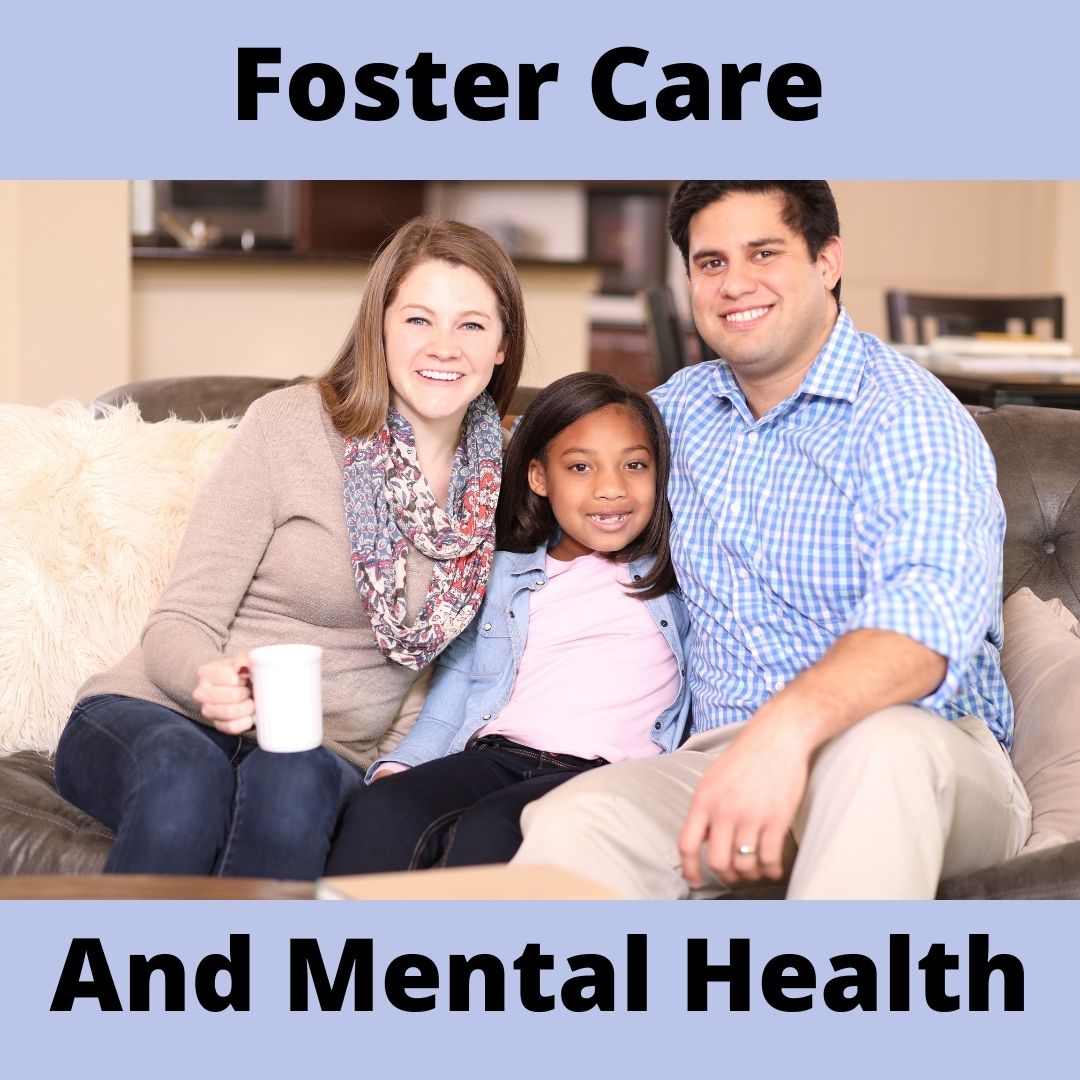
Foster Care and Mental Health
By: Willow Harrington
When you think of the “picture perfect” family, you probably think of a nuclear family. A nuclear family is a family that consists of two parents and their biological kids, though this is not always the case. According to AdoptUsKids.org, there are currently more than 400,000 children in foster care in the United States. Each of these kids are there for different reasons, but oftentimes foster children struggle with their mental health and how to deal with a foster placement.
It is very important for people to have good mental health. A child’s mental health can be affected by many things; and for many foster kids mental health issues come from trauma, broken or lost family relationships, frequent changes and transitions in the foster system. “Former foster children are 2.1 times more likely to become clinically depressed than the general population,” said foster parent Lorrie Reading, “They are also 2.8 times more likely to suffer from psychotic problems, and 2.5 times more likely to suffer paranoia.”
The child isn’t the only one who’s mental health gets affected. “It’s hard to see what my mom has to go through dealing with everything,” said a source who wished to stay anonymous. “There is so much that goes on with having to prepare for the child, prepare for child service weekly visits, therapy, or anything that the kid has. Pretty much all your life is developed around foster care, everything else you have to make time around.”
Overall, dealing with foster care is very challenging, but there are ways kids can try to help better their mental health while in the system. Social service workers can connect children with therapists.
“The only advice I can really give anyone in the system is to respect your foster parents and the authorities. It will help to keep you from being transferred to new homes many times,” said an anonymous source. “Don’t be afraid to express how you feel. It will help you out more in the long run.”




